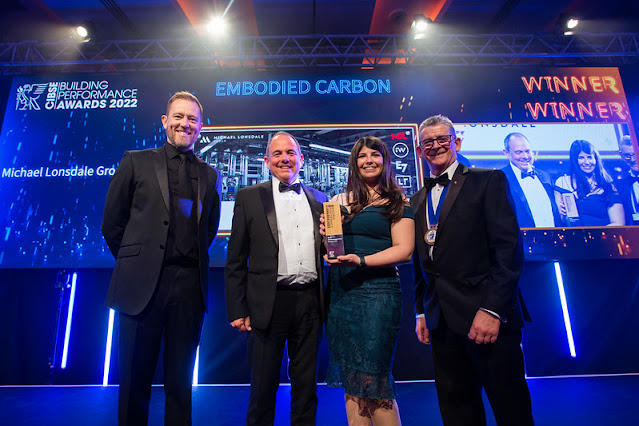Dissertations for Good
Dissertations are often the nightmare that keeps students up at night in the final year of their degree, requiring countless hours of careful study in the library, as well as a heap of creativity and gallons of coffee.
But what if the engineering industry could make use of them as more than just an academic headache? Dr Anastasia Mylona, Research Manager for the Chartered Institute of Building Services Engineers, wrote about her experience with a pioneering scheme to do just that.
Every year in the UK and around the world students are
putting thousands and thousands of man hours into high-level research at some
of the world’s top institutions. While some of them will go on to further
study, publish their work or even become famous academics in their fields, most
of these works will be handed in at the end of the year and forgotten about. It
seems like a waste, but how can this work be turned to the public good?
These students also face a quandary themselves: The famous
Catch-22 situation that faces all University leavers looking for their first
job is that so many employers also want real-world experience, not just
academic qualifications. So what is to be done? Achieving the top grades
requires many hours of work and study, yet employers also expect experience of
what is a full-time job.
Here, the National Union of Students has seen an opening.
They have set up a programme called ‘Dissertations for Good’, which seeks to
link students and industry, in order to have them collaborate on projects that
benefit the world at large. This is a scheme that CIBSE has been active in
supporting, and that I have had first-hand experience of through our work with
students.
 |
| Students at top universities spend thousands of hours on their dissertations |
The beauty of such a scheme is that it works both ways – the
student’s knowledge of the subject is enhanced, and this is fed into the
dissertation, but the industry also gains from their hard work and expertise.
Recently I have been working with seven engineering students supervised by Dr
Ali Bahadori-Jahromi from the department of Civil Engineering in the University
of West London (UWL) to update CIBSE’s resources, including climate change
information for building adaptation and testing the new CIBSE weather files in
building performance simulation.
One of the best things about working in this partnership
wasn’t just the work that was done during the project, but also learning about
the work that hadn’t been done. By exploring this area, we opened the door to
countless opportunities for further study and collaboration that have evolved
into stand-alone projects of their own. Recent extreme weather events in the UK
have shown that now is more important than ever to be studying their effects on
buildings, which is why we will now be sponsoring a PhD on resilience to
extreme weather at UWL.
 |
| Storm Desmond bears down on the UK (Image courtesy of NOAA) |
One
of the most valuable part of an engineering degree is the potential to work on
practical issues that have a direct impact on industry, and it is often the
most important part of a young engineer’s development. It’s also work from
which wider society can directly benefit – this particular knowledge will be
instrumental in further research which will decide how we react to extreme
weather in buildings and construction, and could save lives and millions of
pounds a year.
The work done by students has the potential to have enormous
practical value. It’s up to the industry as a whole to go out there, and
discover these opportunities for themselves!
Anastasia Mylona,
Research Manager for the Chartered Institute of Building Services Engineers
(CIBSE), took part in the Dissertations for Good
pilot because she was keen to give students the experience of working on
practical issues while also using their new knowledge.

.png)


Comments
Post a Comment